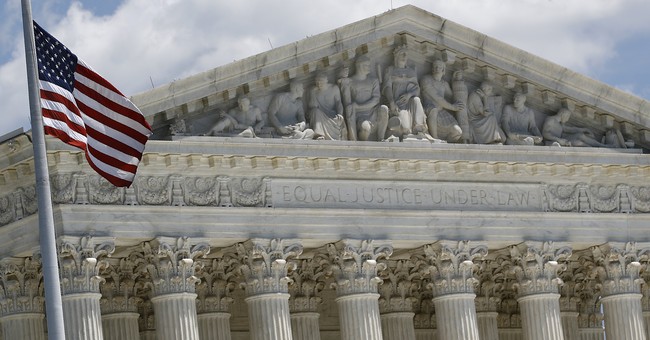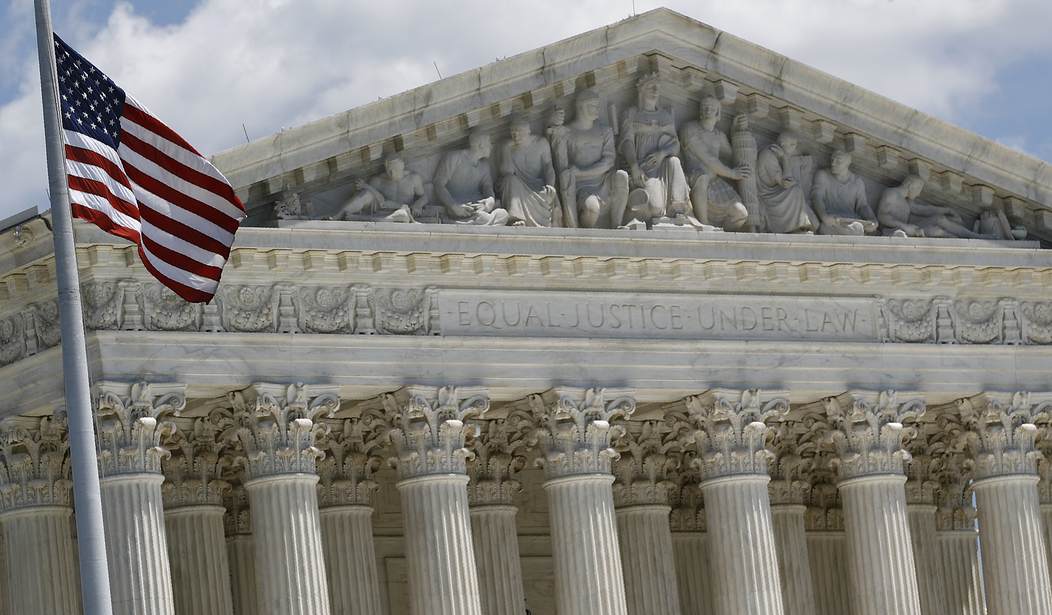
There was an interesting federal appeals court decision today out of the Sixth Circuit Court of Appeals having to do with the Absentee ballot process under Tennessee election law.
Tennessee has had one of the narrowest absentee ballot laws in the country, and as a result, only about 2.5% of Tennessee voters cast their vote by absentee ballot in any given election year.
One of the exceptions that authorizes voting by absentee ballot involves voters with physical disabilities or serious health issues or caregivers for such voters. A Tennessee state case during the summer determined that persons at risk for serious health consequences from COVID-19 infection due to underlying conditions fall within the “serious health issue” exception, and may vote by absentee ballot. As a result, Tennessee election authorities were expecting a much larger number of absentee voters in 2020 than the typical 2.5% of the electorate.
The issue brought before the federal court was the very small window of time within which a Tennessee voter can apply for an absentee ballot, the stringent mechanism under Tennessee law for validating the applicant’s entitlement to vote by absentee ballot, and the likely difficulty a rejected applicant would have to cure the defect in his or her application and apply again with sufficient time to still receive the ballot, cast the ballot, and return the ballot before the lawful deadline for votes to be counted. Here is how the Appeals Court described the process:
Since the identity of a person who votes by mail cannot be verified as easily as someone who votes in person — in-person voters must present photo identification — the legislature has established procedures and conditions for absentee voting with which it demands “strict compliance.” … The voter must first send a formal request or application to vote absentee by mail to the county election commission office, which must take place “not more than ninety (90) and not later than seven (7) days before the election.”… The request must be written, signed, provide certain identifying information, and establish the voter’s eligibility to vote absentee by mail…. The county administrator of elections reviews requests to vote absentee by mail… In addition to determining whether the voter has provided the requisite information and established eligibility to vote absentee by mail, the administrator “shall compare the signature of the voter [on the request] with the signature on the voter’s registration record.” If the administrator determines the signatures are “not the same,” then the request is rejected, and the voter is notified in writing… If, however, the voter’s signatures are the same and the voter otherwise qualifies to vote absentee by mail, then the administrator “shall” mail the voter absentee ballot materials…
With the significant increase in expected absentee ballot applications, the accuracy and efficiency of the “signature matching” requirement was at issue in the federal district court. Plaintiffs NAACP and union organizations brought suit claiming that inaccurate signature comparisons would result in an unreasonable number of improperly rejected absentee ballot applications due to insufficient training and expertise by the election officer workers who would be making the comparisons. The closer the rejection came in time to the election date, the more likely the voter would be disenfranchised by not curing the defect in time to re-apply for absentee ballot, or by foregoing the opportunity to vote in-person out of fear of COVID-19 infection.
The federal district court judge denied a motion by the Plaintiffs for a preliminary injunction blocking enforcement of the “signature matching” requirement under the Tennessee statute, replacing it with a requirement that the voter be given an opportunity to cure signature inconsistencies before rejecting their absentee ballot application. The district court denied the application for a preliminary injunction on the grounds that the Plaintiffs were not likely to succeed on the merits of the action, and that the Plaintiffs had not established that they would suffer irreparable harm if the injunction was denied and they ultimately did succeed on the merits.
The Sixth Circuit Court of Appeals affirmed the district court judge’s denial of a preliminary injunction but did so on different grounds than those of the district court.
Before getting to the holding, it seems worth noting that NOTHING in the Tennessee election law has changed since 2016, other than the Tennessee Court decision saying voters at risk of serious health complications from COVID fall within one of the EXISTING categories that authorize voting by absentee ballot.
The Appeals Court determined that none of the Plaintiffs had “standing” in the case to seek the relief requested in the motion for a preliminary injunction.
To establish standing, a plaintiff must show an injury in fact that is fairly traceable to the defendant’s conduct and is likely to be redressed by a favorable judicial decision…To win declaratory or injunctive relief, a plaintiff “must show actual present harm or a significant possibility of future harm.” An organization may have standing either in its own right,… or on behalf of its members “when its members would otherwise have standing to sue in their own right, the interests at stake are germane to the organization’s purpose… During the pleading stage, the burden remains on the plaintiffs to clearly allege facts that demonstrate each element of standing. … An injury in fact must be concrete, particularized, actual, and imminent…. [T]he “threatened injury must be ‘certainly impending’ to constitute injury in fact, and ‘[a]llegations of possible future injury’ are not sufficient.”… When the plaintiffs’ allegations of future injury are based on past human errors, the plaintiffs
face a high bar to demonstrate standing.
The last sentence is meaningful, and one you do not often see in decisions of this type. The point made by the Sixth Circuit — and for my money, this is high-level legal work if it was counsel for Tennessee that made this argument — is that you cannot seek injunctive relief on the basis that the state election official might make a mistake. The reason for that is because the official might not make a mistake and the injunction would have blocked official state functions for no reason. You cannot presume mistakes as a basis for seeking judicial intervention.
Rather, injunctions are sought to prevent state officials from taking actions that are planned and deliberate, but which are alleged will be unconstitutional. That is not what the Plaintiffs in the Tennessee case were seeking to prevent. They were seeking to enjoin a process — the signature matching process — that has an error rate which is intrinsic, based on the claim that current circumstances might cause the error rate to go higher. Or it might not. The signature matching requirement, in an environment with more absentee ballot applications, might add to the already present possibility that an election worker will make a mistake, but that, without more, does not create a threat of imminent injury necessary to justify injunctive relief.
Instead, the plaintiffs’ allegations boil down to fear of “the ever present possibility that an election worker will make a mistake.”
There is an over-wrought, 36-page dissent filed by Judge Karen Nelson Moore, where she seems to suggest that multitudes of Tennessee voters will be disenfranchised because election workers are asked to compare a signature on the Absentee ballot application and their voter registration record. The approach is the same used by other liberal judges — COVID changes everything, states are obligated to eliminate every requirement that might make voting more inconvenient, and the State’s failure to act is a violation of the voters’ constitutional right to vote. Tennessee’s insistence on following its election laws as written in the same fashion that it did so in 2016 is somehow a threat to democracy.
Crazy pills are plentiful.














Join the conversation as a VIP Member